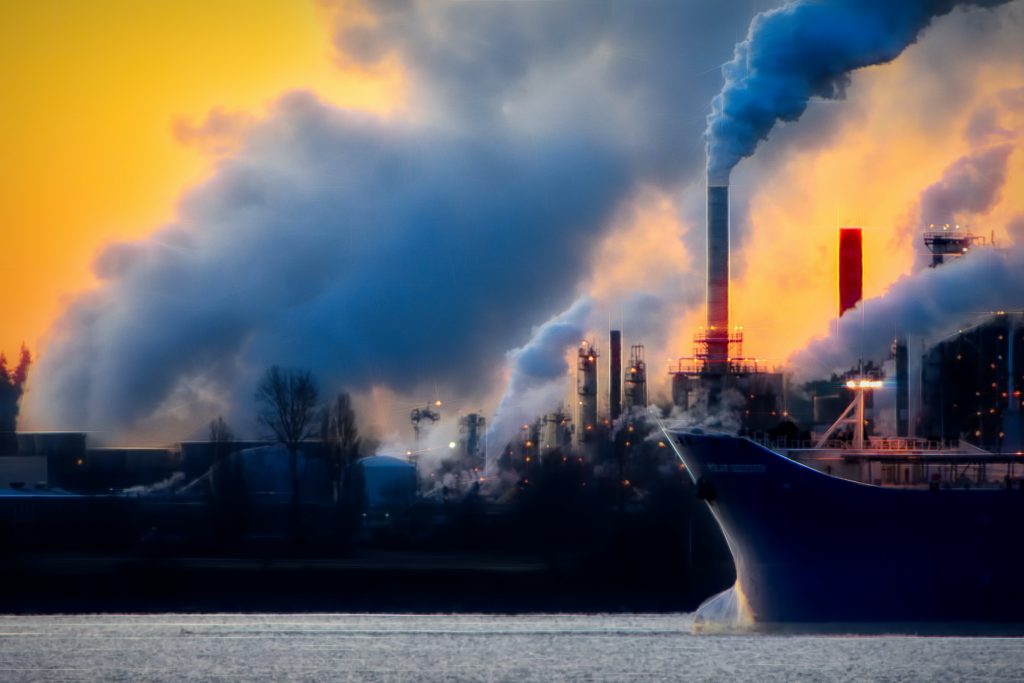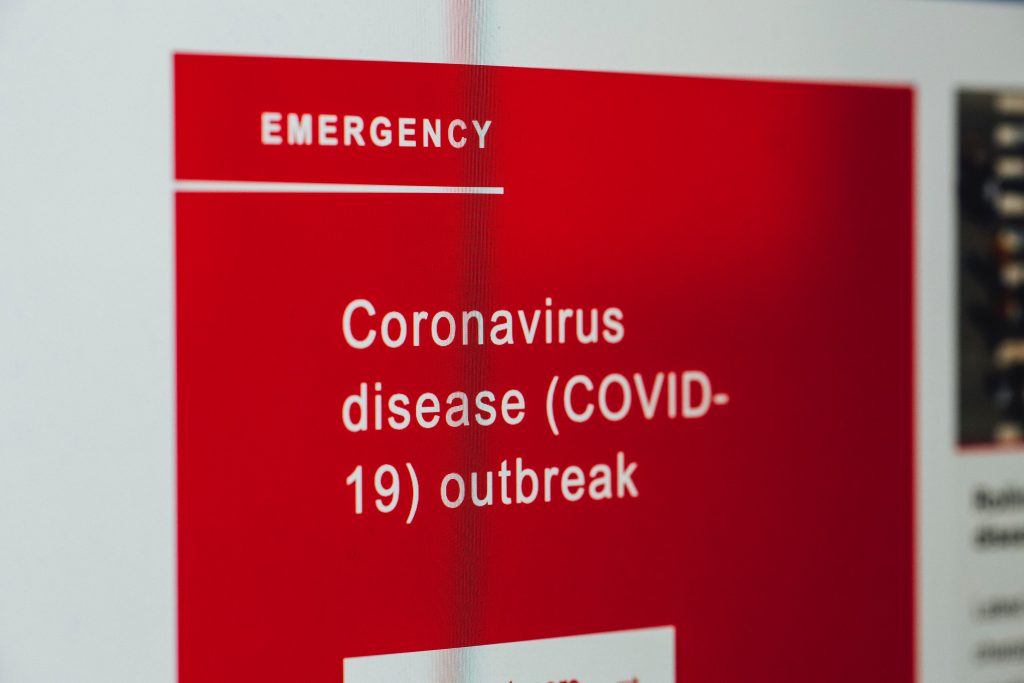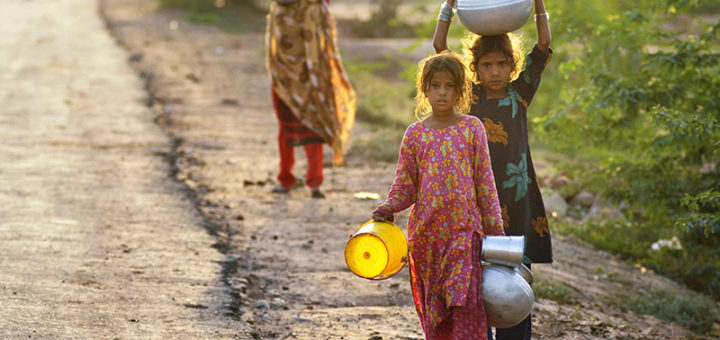Justice has long been central to geographic research but attention to the concept itself has been less explicitly theorized within the discipline. This article specifically traces the ways in which justice has been theorized within human geography.
Reduced inequalities
Studies indicate the actual cost of global warming will be highest for the three top emitting countries: China, India and US and with the most to lose from climate change. The cost is higher than first assumed. Many countries have not yet recognised the risk posed by climate change. This study aims at filling this gap and shows mapping of domestic impacts of climate change can help better understand the determinants of international cooperation.
Pandemics have led to an increase in inequality. After COVID-19, an additional 75 million of poor is estimated at the global level in 2020. Current policies to address inequality are inadequate; policymakers should aim to mitigate climate change and recovery from the COVID-19 crisis while protecting the most vulnerable.
The poorest people still struggle to have access to sanitation and clean energy. However, as incomes rise in developing countries, access to electricity, clean cooking energy, water, and sanitation, also improves but not as quickly as income growth. The United Nations Sustainable Development Goals (SDGs) aim to achieve universal access to clean energy, water, and sanitation by 2030. This study highlights the challenges of achieving SDGs, but also points to policy directions that could help.



